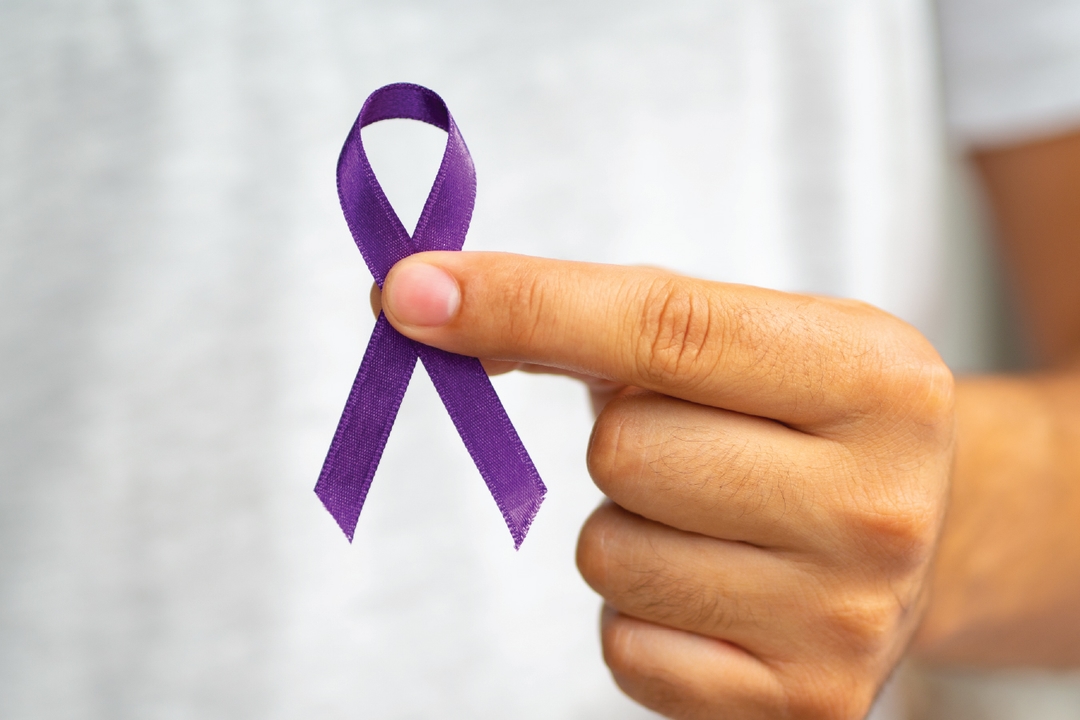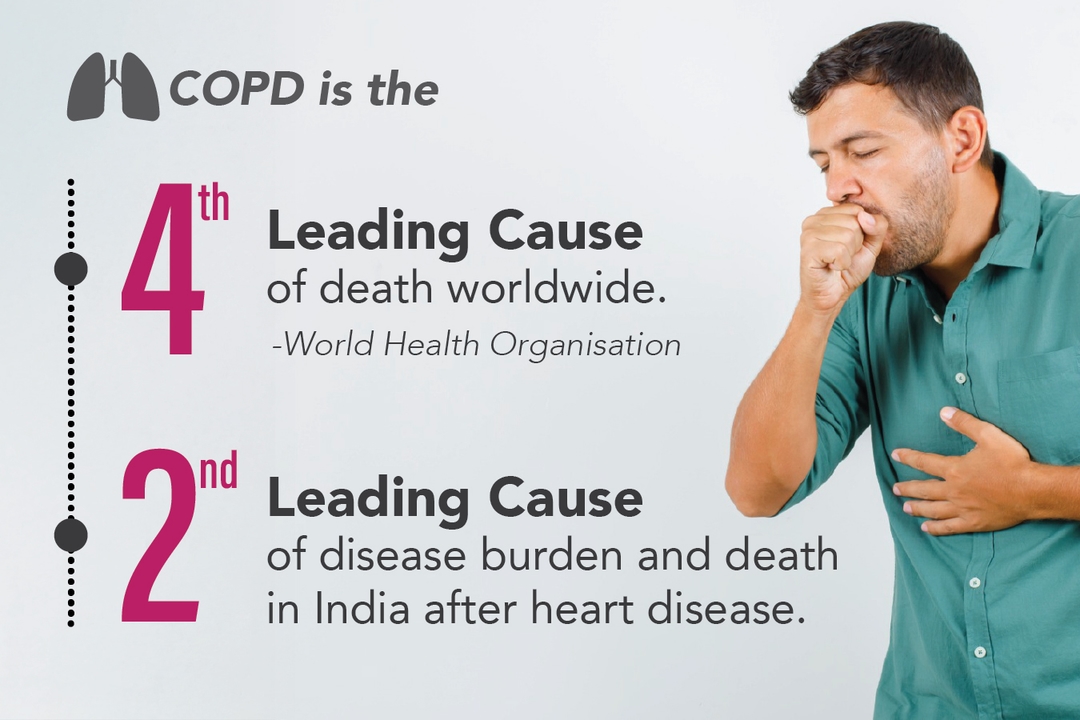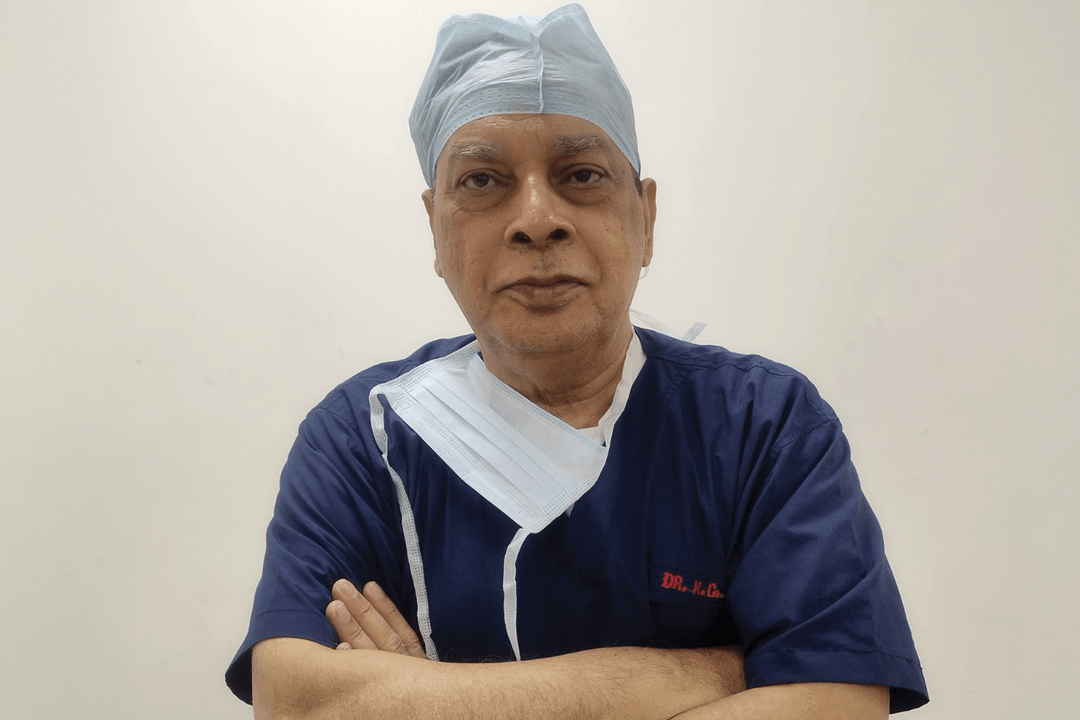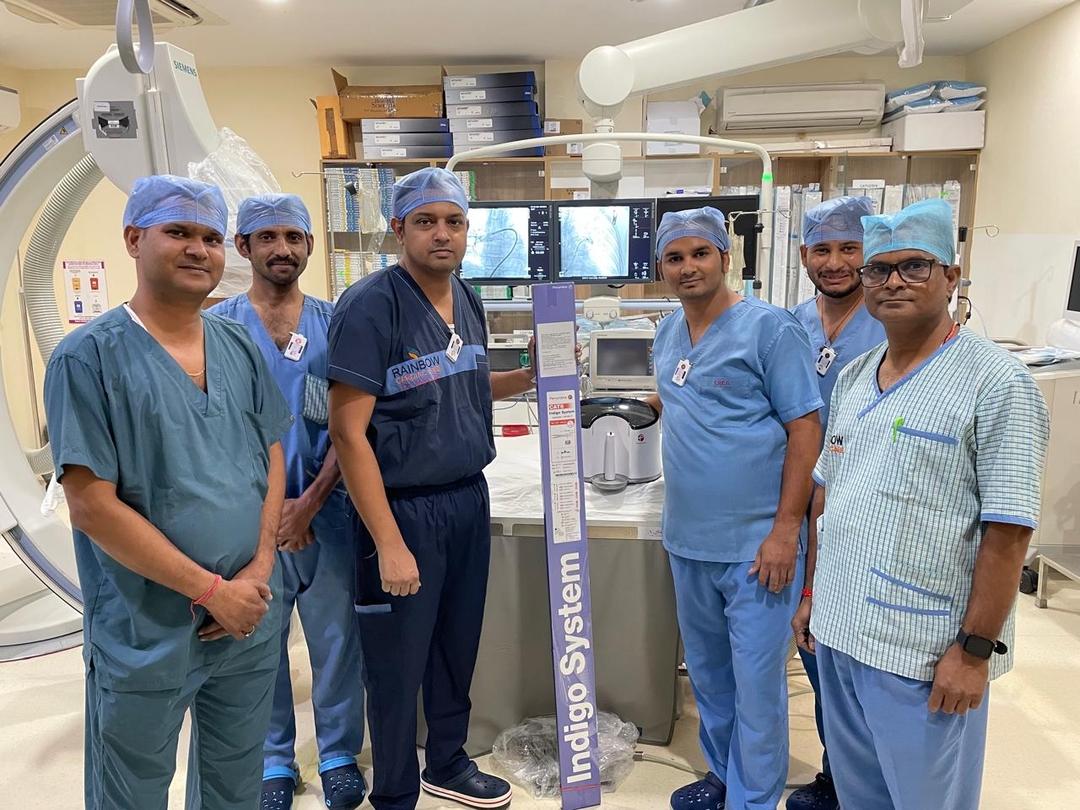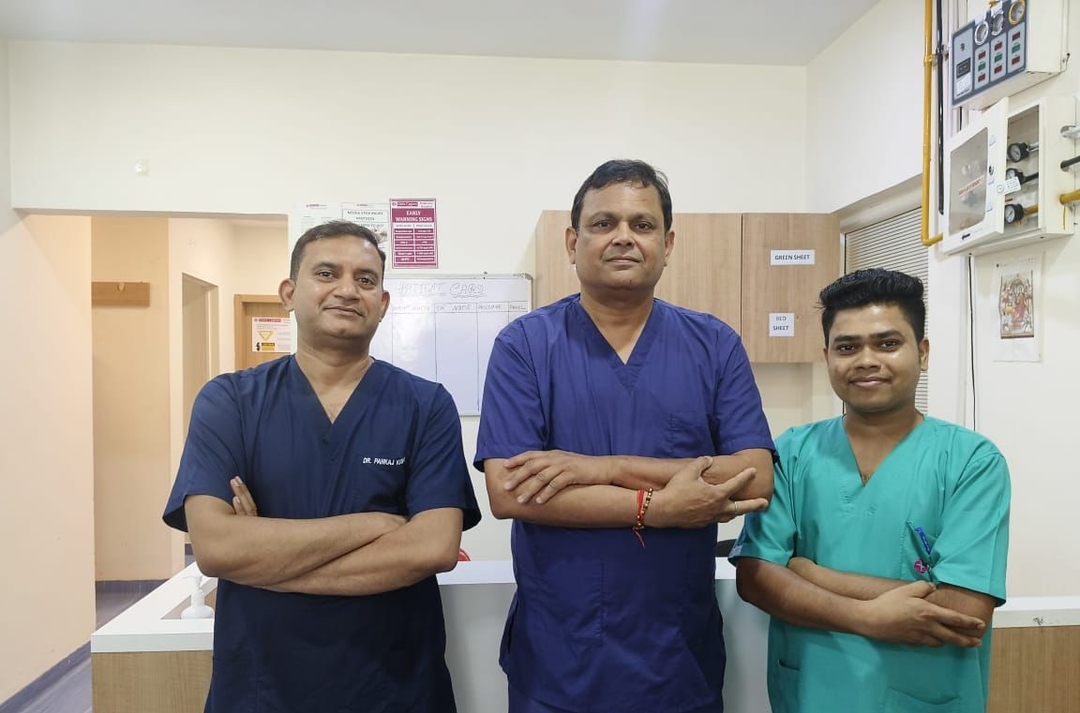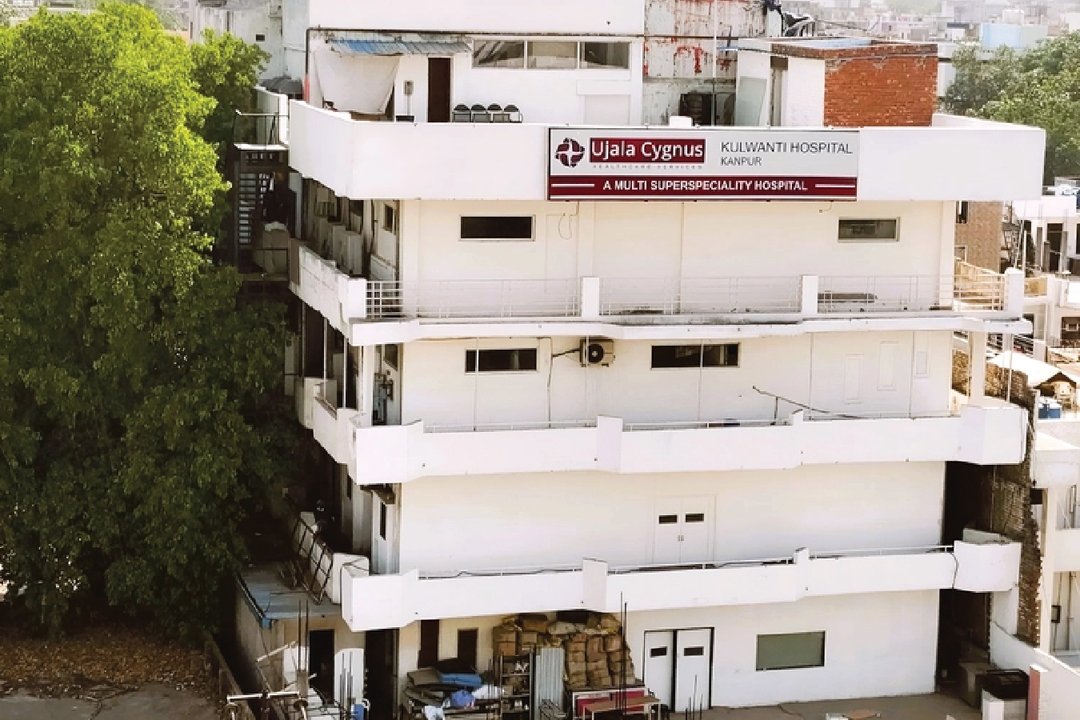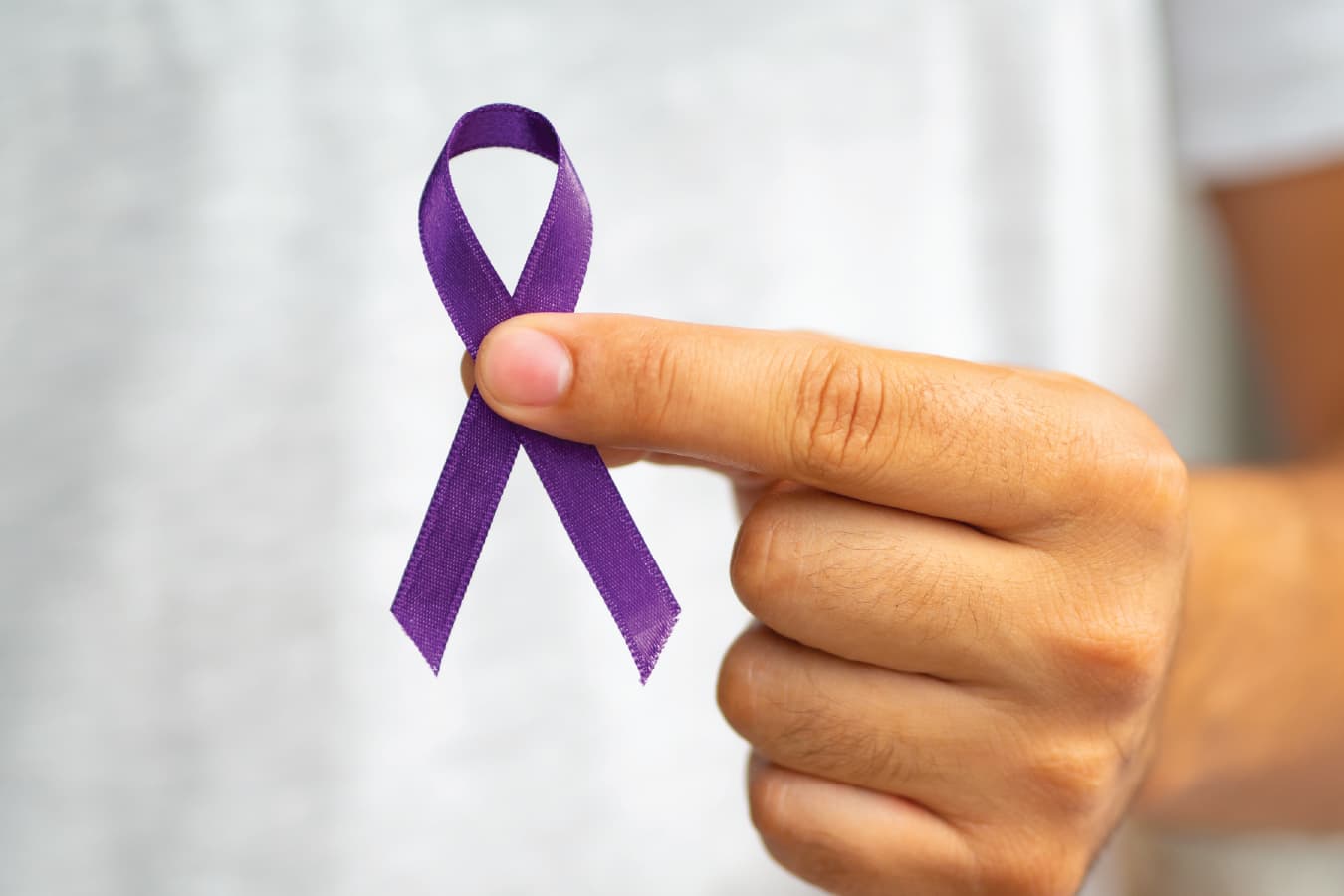
Pancreatic Cancer: A Silent Killer That’s Hard to Catch Early
By Priyambda Sahay
Reviewed by : Ujala Cygnus
The rising rates of obesity, diabetes, unhealthy lifestyle habits, and substance abuse in India are major contributors to the increasing number of pancreatic cancer cases. According to the Global Cancer Observatory (GLOBOCAN) 2022 report, India accounts for nearly 7% of the global pancreatic cancer burden. This is also because diagnosing pancreatic cancer in its early stages is extremely challenging due to the absence of effective and reliable screening tests.
Its development is influenced by a combination of genetic and environmental factors. Unfortunately, current diagnostic tools cannot detect pancreatic cancer early enough in most cases. Because of this, pancreatic cancer is frequently diagnosed only after it has spread to other organs, contributing to the low survival rates associated with the disease. It is estimated that only about 10% of patients survive for five years or more after diagnosis, and just 5% survive for ten years or longer. This cancer is uncommon in younger individuals; the highest risk is observed in people over 60 years of age, with more than 50% of cases occurring in those aged 65 to 75.
Type of pancreatic cancer
If someone is diagnosed with pancreatic cancer, it is important to understand which type they have. Pancreatic cancer is broadly classified into two main types: exocrine cancer and neuroendocrine cancer.
About 95% of pancreatic cancers are exocrine cancers, most commonly adenocarcinomas, which usually begin in the ducts of the pancreas. Neuroendocrine cancers, also known as islet cell tumors, are less common but generally have a better prognosis compared to exocrine pancreatic cancers.
Early symptoms of pancreatic cancer
When pancreatic cancer affects the pancreas, food may not be digested properly. This can lead to indigestion, diarrhea, and nutrient malabsorption.
Other early symptoms are
-Tiredness and loss of appetite
-Unexplained weight loss
- Pain in the upper abdomen, side or back
- High temperature, if an infection is present
-Yellowing of the eyes and skin (jaundice), itchy skin, darker urine
- New-onset diabetes
Here you can know more about pancreatic cancer from Dr. Shah Naveed, Head of Department- Oncology, Ujala Cygnus Kashmir Super Speciality Hospital, Srinagar
What is Pancreatic Cancer? Is pancreatic cancer common?
Pancreatic cancer is a disease that begins in the pancreas due to abnormal cell growth, an organ located behind the stomach. In adults, the pancreas measures about 6 inches in length and nearly 2 inches in width. It plays an essential role in digestion by producing enzymes that help break down food into absorbable nutrients. When pancreatic cancer develops, it can disrupt this process, leading to reduced enzyme production.
In our country, pancreatic cancer is the 11th most common cancer. Although the number of cases is steadily rising each year. Currently, the incidence ranges from 0.5 to 2.4 cases per lakh men and 0.2 to 1.8 cases per lakh women.
Why is pancreatic cancer a silent killer?
People used to say pancreatic cancer is a silent killer at the same time it is an aggressive disease and has limited options for cure. Because it can be difficult to detect in the early stage and symptoms are often not specific. It rarely shows noticeable symptoms in its early stages. When symptoms do appear, cancer has often advanced to a later stage where treatment is less effective and surgical options may no longer be available.
What are the symptoms of pancreatic cancer?
There are many symptoms of pancreatic cancer including pain in the abdomen or black, jaundice, diabetes, weight loss, loss of appetite, swelling of the gallbladder or liver, blood clots, fatigue, or weakness.
What are the measures to prevent this?
To prevent pancreatic cancer people should avoid smoking, they should take a healthy diet and avoid alcohol. Obesity is a risk factor for pancreatic cancer. You must maintain a healthy lifestyle including a balanced diet and regular exercise. Eating an excessive amount of red and processed meats may increase your risk of developing pancreatic cancer. If you have a family history, then go for counseling or a screening program.
Does anyone survive pancreatic cancer?
Pancreatic cancer in general has a poor prognosis but if it is diagnosed early, it is potentially curable.
Why do men have more cases of pancreatic cancer? Any specific reason behind it?
While pancreatic cancer affects both men and women, men are more likely to develop this disease. There are several factors that contribute to this. Men often consume more alcohol and have higher smoking rates than women. Also, due to occupational exposure, they are more inclined towards pancreatic cancer. Certain occupations, such as chemical exposure and toxins, may increase the risk of pancreatic cancer.
FAQ
Can pancreatic cancer be diagnosed in the first stage?
Pancreatic cancer can be difficult to diagnose early because it often doesn’t cause symptoms until it has spread to other organs.
What kind of treatment for pancreatic cancer is available in India?
Pancreatic cancer treatment depends on the type, stage, patient health, preferences, location of cancer in the pancreas, and whether it has spread or can be removed with surgery, etc. It can be treated with surgery, radiation therapy, chemotherapy, targeted therapy, and immunotherapy. Majorly all the types of treatments are available in India.
Why are cases of pancreatic cancer increasing in India?
The increasing prevalence of obesity, diabetes, unhealthy lifestyle, and substance abuse in India are major contributing factors to the rise in pancreatic cancer cases. Obesity and diabetes are closely linked to insulin resistance, which can lead to chronic inflammation, and it is a known risk factor for various cancers including pancreatic cancer. Also, smoking can lead to genetic mutations that contribute to cancer development, and alcohol can increase the risk of chronic pancreatitis, which is a risk factor for pancreatic cancer.
What is the survival rate of pancreatic cancer?
It is very low because the disease is difficult to detect in the early stages. The 5 years survival rate for pancreatic cancer in India is around 7%. The one-year survival rate is 29%.
What kind of tests can be used to detect pancreatic cancer?
Several tests can be used to detect pancreatic cancer. Imaging tests like CT scans, MRI, Endoscopic ultrasounds also blood tests, and biopsies are the most definitive ways to diagnose pancreatic cancer.
Is pancreatic cancer a genetic disease?
If you have a significant family history of pancreatic cancer, consider contacting a genetic counseling and screening program. While most cases of cancer are not directly inherited, they are caused by changes in genes that control how cells grow and divide. Genetics plays a role; it is not the sole determinant of cancer development. A combination of genetic and environmental factors contributes to the risk of cancer.
If you have any questions related to pancreatic cancer, you can consult an Oncologist at your nearest Ujala Cygnus Hospital or email our health experts at askadoctor@ujalacygnus.com
Loading...
